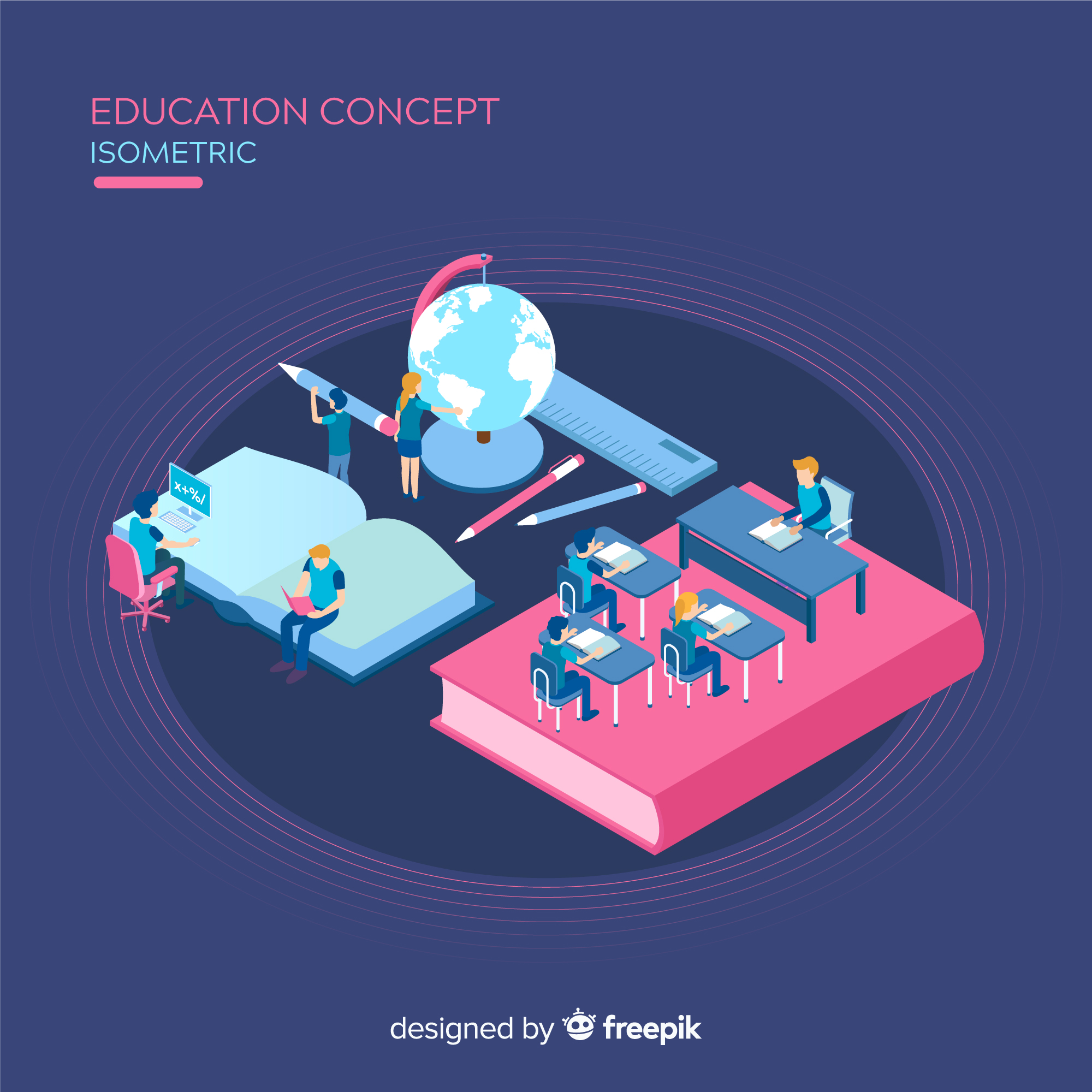“The Future of Work and Education: Preparing Students for Changing Job Markets”
The future of work is rapidly evolving, and the way we educate students must adapt to meet the demands of a changing job market. Here are some key pointers on how we can prepare students for the future of work:
Adaptability: With the rapid pace of technological change, it is important for workers to be able to adapt to new technologies and job roles quickly. Students must be taught not just technical skills but also soft skills such as problem-solving, critical thinking, and creativity. These skills will enable students to adapt to new technologies and changing job roles.
Exposure to new and emerging industries: The jobs of the future will be in industries that are just emerging today, such as renewable energy, robotics, and artificial intelligence. Providing students with exposure to these industries can help them develop a better understanding of the skills and knowledge needed to succeed in these fields.
Collaboration and teamwork: With the rise of remote work and virtual teams, the ability to work collaboratively and communicate effectively with others will be essential. Educators can teach these skills by incorporating group projects and other collaborative activities into the curriculum.
Lifelong learning mindset: It is important to recognize that the future of work will require ongoing learning and upskilling. As technology continues to evolve, workers will need to continually update their skills and knowledge to stay relevant. Educators of The Top Schools in Kalyan help students develop a lifelong learning mindset by emphasizing the importance of continuous learning and providing them with opportunities for professional development.
Technological literacy: Technology will continue to play an increasingly important role in the future of work. It is important for students to be comfortable using technology and to have a basic understanding of how it works. Educators can teach technological literacy by incorporating technology into the curriculum and providing opportunities for students to learn about emerging technologies.
Emotional intelligence: In addition to technical skills, employers are increasingly looking for workers with high emotional intelligence (EI). EI encompasses skills such as empathy, self-awareness, and the ability to manage emotions. Educators can teach these skills by incorporating social-emotional learning into the curriculum.
In conclusion, preparing students for the changing job market requires a holistic approach that goes beyond technical skills and the Best Schools in Kalyan The Cambria International School can help students developing soft skills such as adaptability, collaboration, and emotional intelligence, as well as providing exposure to emerging industries, encouraging a lifelong learning mindset, and teaching technological literacy. By adopting this approach, we can help to ensure that students are prepared for the future of work and equipped to thrive in a rapidly changing job market.


